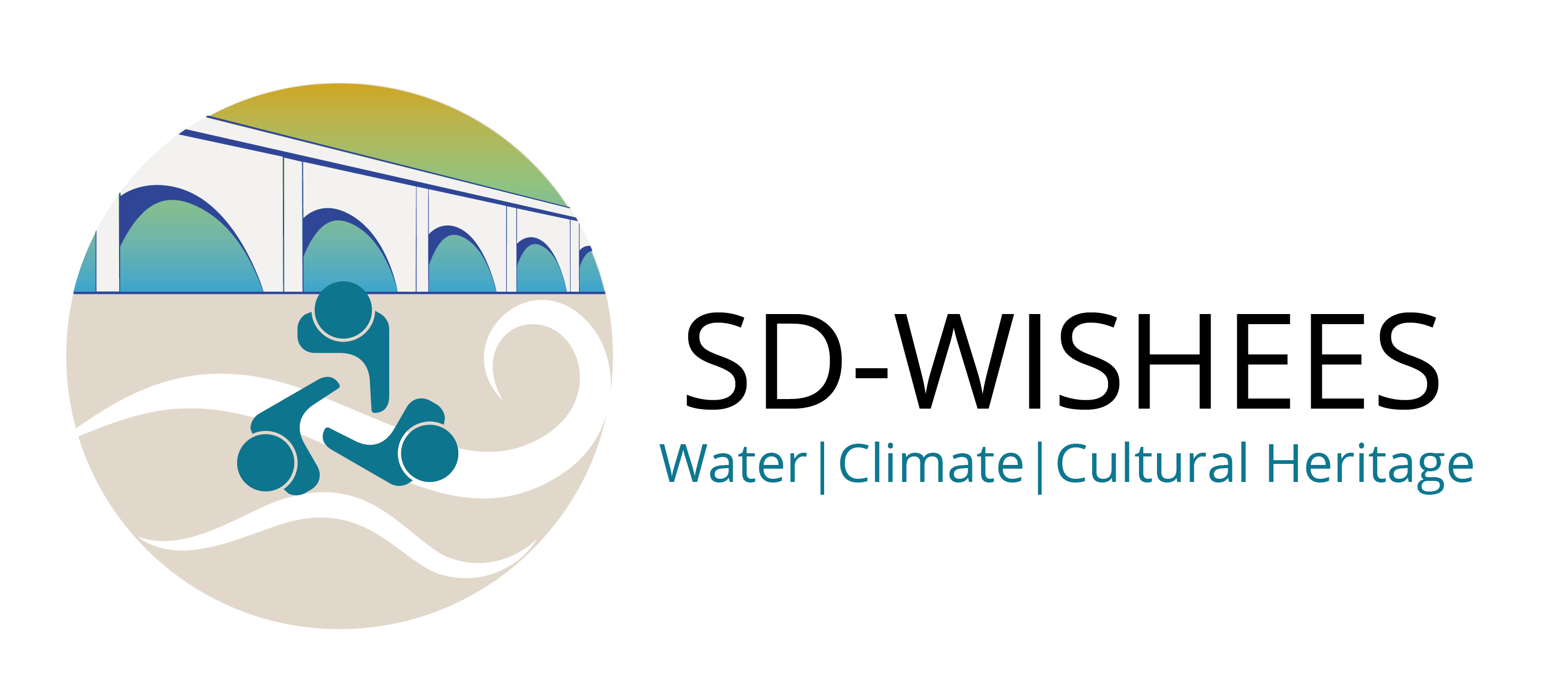Given the widening aims of the SD-WISHEES project, we have incorporated a human rights-based approach (HRBA) into the KPIs and design of the entire programme. The HRBA is an internationally recognised approach for being more inclusive and sustainable, anchored in a system of rights and corresponding obligations established by international law. This includes all civil, cultural, political and social rights, and the right to development.
So how does this help our project?
HRBA requires human rights principles (universality, indivisibility, equality and non-discrimination, participation, accountability) to guide development. It can be applied to any development programme, and for the purposes of SD-WISHEES, we have used this framework to develop a checklist approach for our KPIs, with an additional set of KPIs that specifically address the principles of the HRBA. In particular, it applies to data management and collection, ensuring that privacy and dignity are preserved, and to the range of capacity building activities that are included in the project.
Using the checklist, and with the support of an HRBA expert from Project Aid, each of the workstreams have added in an extra layer of KPIs to address not only ‘how many’ people are included at all stage of the project, but where they come from (tracking the widening countries such as The Balkan States, and African countries), what is their academic and professional background, their gender and seniority. In this way, with dedicated targets, we hope to demonstrate a more inclusive approach that can be monitored and tracked throughout the life of the project.
Part of the HRBA is to also consider how people feel about inclusion in European programmes, so that we can encourage more sensitivity around reaching out to the less developed countries, and the smaller institutions. The aim is to encourage more equality, and a greater range of creativity in innovation and design in the long run.




